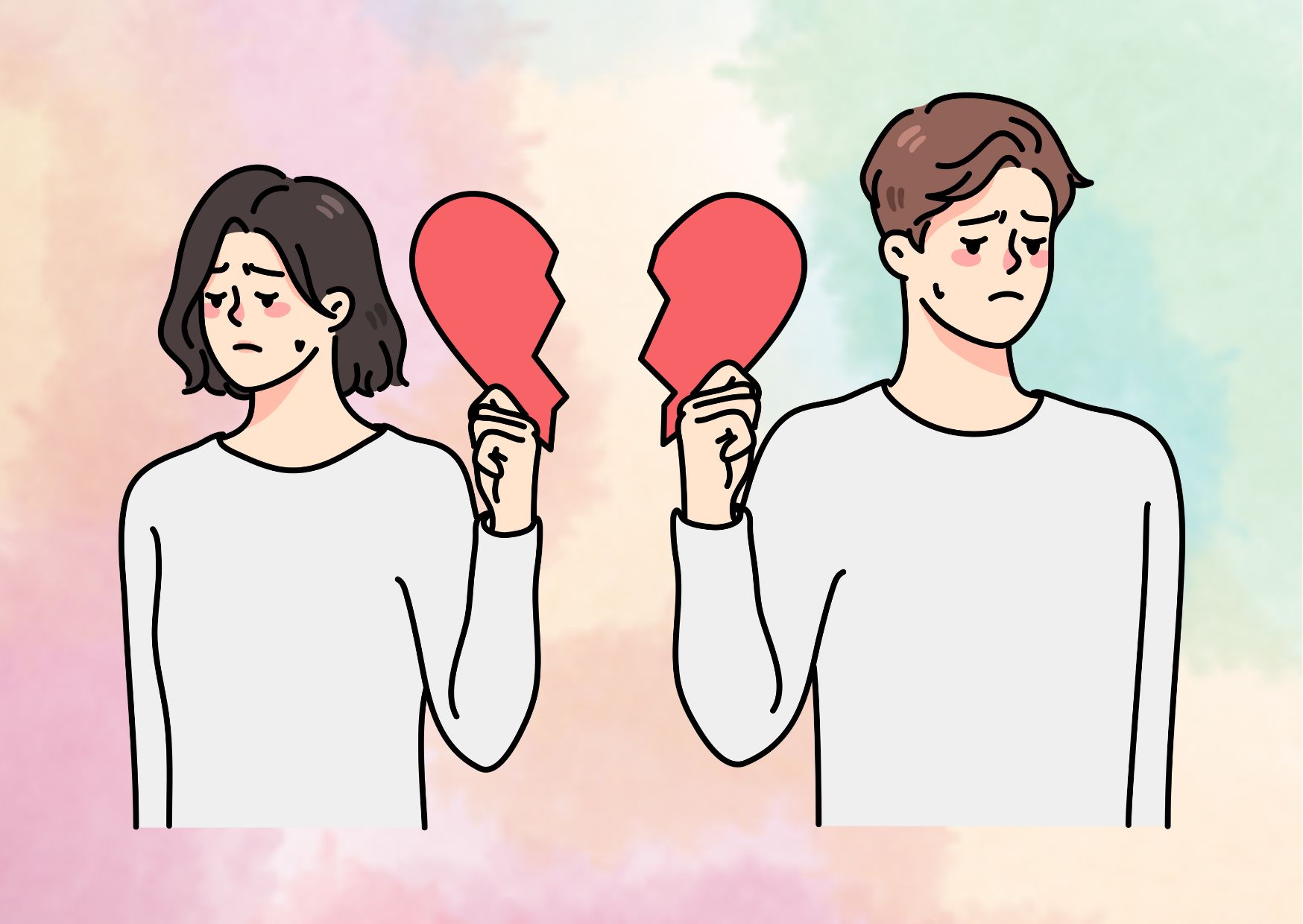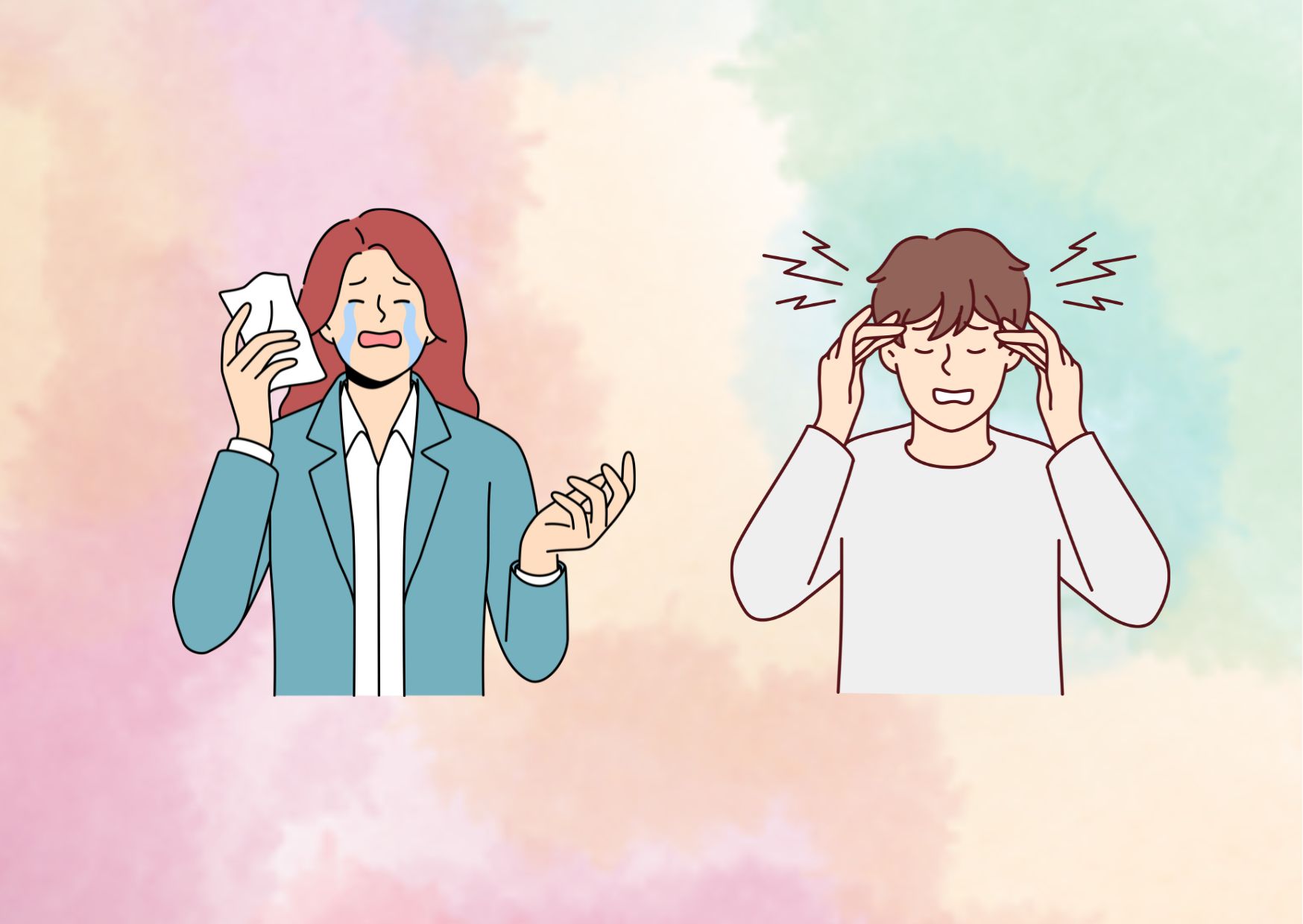How to Identify and Overcome Relationship Burnout
Relationship burnout is a common yet often overlooked issue that can quietly erode even the strongest partnerships. It’s a state of emotional, mental, and physical exhaustion that creeps in when the demands of a relationship outweigh its rewards. This phenomenon has an impact on couples of all ages and backgrounds, causing feelings of detachment, frustration, and a loss of intimacy.
Understanding how to identify and overcome relationship burnout is crucial to maintaining healthy, long-lasting connections. This article aims to explore the signs of burnout, delve into its root causes, and examine the role of attachment styles in its development. Additionally, it will provide practical strategies to help couples recover from burnout, rebuild their bond, and create a more resilient relationship. Whether dealing with a new relationship, long-distance challenges, or the effects of ADHD on a partnership, these insights can guide couples toward renewed connection and vitality.
Recognizing the Signs of Relationship Burnout
Relationship burnout is a state of emotional, physical, and mental exhaustion that can quietly erode even the strongest partnerships. Recognizing the signs early is crucial to addressing the issue and preventing further damage to the relationship. Here are some key indicators that a couple might be experiencing burnout:
Emotional Exhaustion
One of the primary signs of relationship burnout is emotional exhaustion. This manifests as feelings of cynicism, detachment, and a general sense of apathy towards the relationship. Individuals may find themselves losing enjoyment not just in their partnership, but in other areas of life as well. As burnout progresses, these feelings can intensify, leading to:
- Hopelessness about the relationship’s future
- A sense of complacency or lack of motivation to improve the situation
- Difficulty in concentrating or paying attention to their partner
- A persistent feeling of being unmotivated or unexcited about spending time together
In severe cases, emotional exhaustion can result in a complete loss of one’s sense of worth and identity within the relationship.
Loss of Intimacy
Another significant indicator of relationship burnout is a noticeable decrease in intimacy, both emotional and physical. This can manifest in several ways:
- Reduced physical affection and sexual activity
- Emotional disconnect, where partners find it challenging to engage in meaningful conversations
- Lack of interest in sharing experiences or spending quality time together
- Feeling bored or indifferent when in each other’s company
As the disconnect grows, partners may find themselves glazing over during conversations or viewing intimate moments as chores rather than opportunities for connection.
Increased Irritability
As relationship burnout sets in, partners often experience a significant increase in irritability and frustration. This change in temperament can have a profound impact on the relationship dynamic:
- Once-endearing habits and quirks become sources of annoyance
- Minor disagreements escalate into frequent arguments
- One partner may take on a “nagging” role, further straining the relationship
- Patience wears thin, leading to more frequent outbursts or conflicts
This heightened state of irritability is often a result of feeling ineffective, useless, or disappointed in the relationship’s current state. It can create a cycle of negative interactions that further exacerbate the burnout.
In addition to these primary signs, relationship burnout can also manifest physically. Partners may experience chronic fatigue, increased susceptibility to illness, changes in appetite, and other stress-related symptoms. It’s important to note that while these signs can indicate relationship burnout, they may also be symptoms of other health issues. Therefore, it’s advisable to consult a healthcare professional to rule out any underlying medical conditions.
Recognizing these signs early can help couples take proactive steps to address burnout and work towards rebuilding their connection. By acknowledging the problem and seeking support, partners can begin the process of overcoming burnout and revitalizing their relationship.
Understanding the Root Causes
Relationship burnout is a complex issue that stems from various factors. By examining these root causes, couples can gain insight into their struggles and take steps to address them effectively.
Chronic Stress
Chronic stress has a significant impact on mental and physical well-being, affecting how individuals perceive themselves, their partners, and their relationship. External pressures, such as financial difficulties or long-term illness, can trigger emotional exhaustion and contribute to relationship burnout. The prolonged nature of these stressors can overwhelm couples, making it challenging to maintain a healthy connection.
Stress hormones, particularly cortisol, play a crucial role in this process. Elevated cortisol levels can suppress sexual feelings and dampen libido, further straining the intimate aspects of a relationship. This physiological response to stress can create a cycle of disconnection, as partners struggle to find comfort and support in each other.
Unmet Expectations
Unmet expectations are a major source of personal disappointment and interpersonal conflict in relationships. When reality fails to align with idealized notions of love, disappointment can build up over time, leading to burnout. This discrepancy between expectations and reality can cause feelings of resentment and frustration.
Unstated expectations are particularly dangerous, as they remain hidden and can only be met by chance. Partners may assume their needs are obvious, leading to misunderstandings and unfulfilled desires. This lack of clarity can result in a gradual erosion of satisfaction within the relationship.
To address this issue, couples need to:
- Communicate their expectations clearly
- Adjust expectations in light of experiences
- Be open to compromise and negotiation
By doing so, partners can transform potential disappointments into opportunities for growth and celebration.
Communication Breakdown
Effective communication is crucial for maintaining a healthy relationship. When communication breaks down, it becomes difficult for partners to express their needs, listen to each other, and resolve conflicts. This breakdown can lead to emotional distancing, decreased intimacy, and constant conflict.

